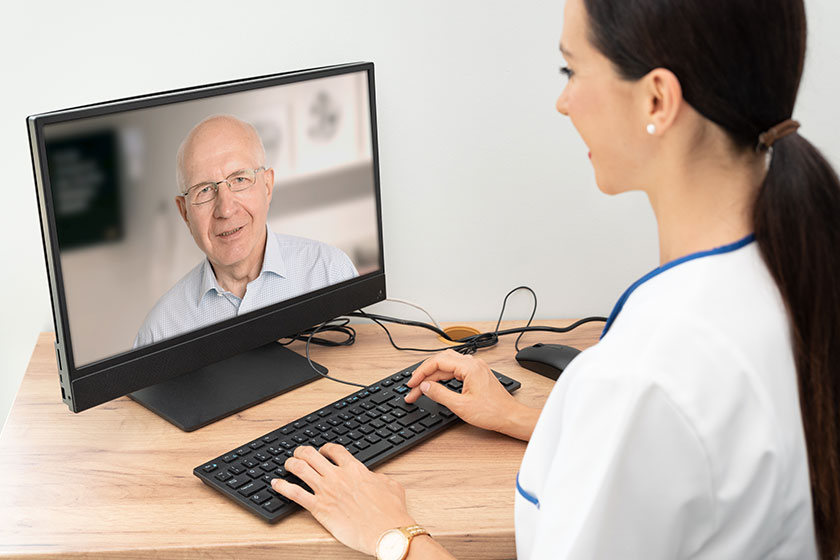In an era where the internet is a primary source of information, the elderly population is increasingly vulnerable to false medical advice online. This misinformation can lead to stress, misdiagnosis, and inappropriate treatment plans. Personal care facilities play a crucial role in preventing the spread of such false information among their residents, particularly those considering retirement community options. Here’s how these facilities are taking steps to ensure their residents receive accurate and safe medical information.
Educational Programs on Digital Literacy
Personal care facilities recognize the importance of digital literacy for residents to navigate online resources safely. By incorporating educational programs that focus on identifying reputable sources of medical information, residents are better equipped to distinguish between credible advice and misinformation. These programs often cover how to verify the authenticity of health news and the importance of consulting healthcare providers before making any health-related decisions.
Access to Professional Healthcare Advice
A cornerstone of the service provided by personal care facilities is the direct access to healthcare professionals. Residents have the opportunity to consult with healthcare providers about any medical concerns or information they encounter online. This direct line to professional advice not only counters the risk of misinformation but also reinforces a personalized approach to healthcare that considers the resident’s medical history and current health status.
Encouraging Open Communication
Personal care facilities foster an environment where residents feel comfortable discussing anything they read or hear about health topics. By encouraging open communication, residents can share their concerns or the information they have found online with healthcare professionals and caregivers within the facility. This open dialogue ensures that any misleading or incorrect information can be corrected promptly, thereby preventing unnecessary worry or inappropriate actions based on false online advice.
Integration of Technology with Care
Recognizing the benefits and risks of technology, personal care facilities integrate digital tools into their care programs responsibly. They provide residents with access to personal care services through secure, vetted platforms and applications. This integration ensures that residents use technology to enhance their health and well-being under the guidance of professionals, minimizing exposure to potentially harmful misinformation.
Additionally, facilities might offer resources or workshops on memory care techniques, utilizing technology to support cognitive health in a safe, structured manner. This thoughtful approach to technology fosters a secure environment where digital literacy and health care go hand in hand.
Promoting Credible Online Resources
To further safeguard against misinformation, personal care facilities actively promote the use of credible online resources. They guide residents towards trustworthy medical websites and apps, often compiling lists of recommended sources. This proactive approach helps residents feel confident in the information they access, knowing it has been vetted by healthcare professionals.
Collaborative Efforts with Families
Personal care facilities also engage in collaborative efforts with families to protect residents from false online medical advice. By keeping families informed about the potential dangers of online health information and sharing strategies to identify reliable sources, facilities extend their protective measures beyond their immediate environment. This collaboration ensures a unified approach to supporting residents’ digital literacy and health information needs.
Personal care facilities are at the forefront of combating false online medical advice targeting the elderly. Through educational initiatives, direct access to healthcare advice, open communication, responsible technology integration, promotion of credible sources, and family collaboration, these facilities ensure that residents in retirement communities receive accurate, reliable health information. This multifaceted approach not only protects residents from the dangers of misinformation but also empowers them to make informed decisions about their health in the digital age.







